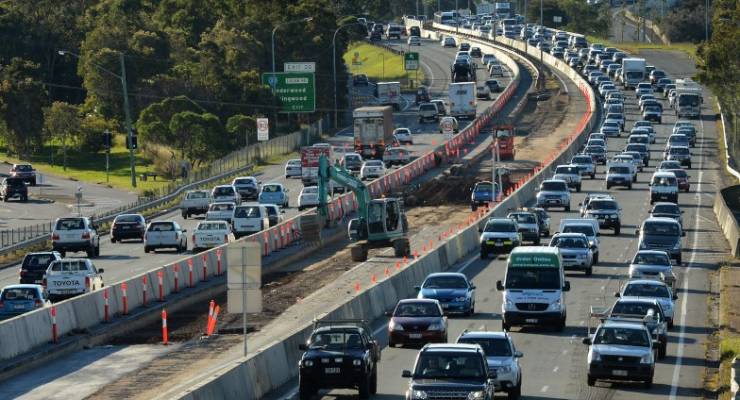
The question of whether Australia’s “most livable” cities are really all they’re cracked up to be (they’re certainly only livable for some, Benjamin Clark wrote yesterday) was picked up in earnest by Crikey readers yesterday. Depending on who you asked, there are either manageable solutions to Australia’s growing urban disparity and congestion, or the issue is overblown. Elsewhere, readers hacked into Australia’s lobbyist problem.
Australia’s on livable cities
Roger Clifton writes: People want to live within 20 minutes of their most frequented facilities. Increasing congestion decreases the area of facilities accessible within 20 minutes. In other words, their village shrinks. State funds are frequently diverted to decongesting the central business district of each of the capital cities. This investment attracts more employers into the CBD, worsening the congestion of their employees. Instead, employers’ floor space in the CBD might be taxed to pay for all the extra roadworks and upgraded superstructures caused by the growing CBD. Employers might then be motivated to move further out of the city. Satellite business districts, probably along the intercity arteries, might then be planned to provide a 20 minute village for employees who move into their radius.
Mark E Smith writes: It’s still worth pointing out the furphies and debunking the golden age that never was. I spent my teen years in the then-new suburbs just out from the newly opened Doncaster Shoppingtown (aka Westfield). Poor public transport, overloaded roads, few amenities besides pubs and sports. Pretty much the same as new suburbs now. Why should older people who’ve lived in an area for decades move on the dubious notion of making affordable room for younger people? We promise we won’t live forever and then you can squabble at auctions and then moan about the ugly jerry-built overpriced flat or unit you end up with. It’s not hard to see that the windfalls go mainly to developers, financiers and middle men. Costs of housing aren’t completely dependent on population pressures. Where do you think all those trillions that got created with quantitative easing ended up?
On lobbying
Desmond Graham writes: Had an idea — I am a registered lobbyist, called a voter. We should be setting up a voters’ lobby in each electorate then the pollies may take more notice rather than popping up a few weeks before each election and saying what good things we have done for you.
Correction: An early edition of this morning’s Crikey Worm mistakenly stated that property developer Ming Shang had donated a $70 million property development to the NSW Liberal Party. This was a subbing error. It should have stated that Shang was in business with NSW cabinet minister John Sidoti on a $70 million development when he made a donation to the party.
Send your comments, corrections, clarifications and cock-ups to boss@crikey.com.au. We reserve the right to edit comments for length and clarity. Please include your full name if you would like to be considered for publication.







Crikey is committed to hosting lively discussions. Help us keep the conversation useful, interesting and welcoming. We aim to publish comments quickly in the interest of promoting robust conversation, but we’re a small team and we deploy filters to protect against legal risk. Occasionally your comment may be held up while we review, but we’re working as fast as we can to keep the conversation rolling.
The Crikey comment section is members-only content. Please subscribe to leave a comment.
The Crikey comment section is members-only content. Please login to leave a comment.